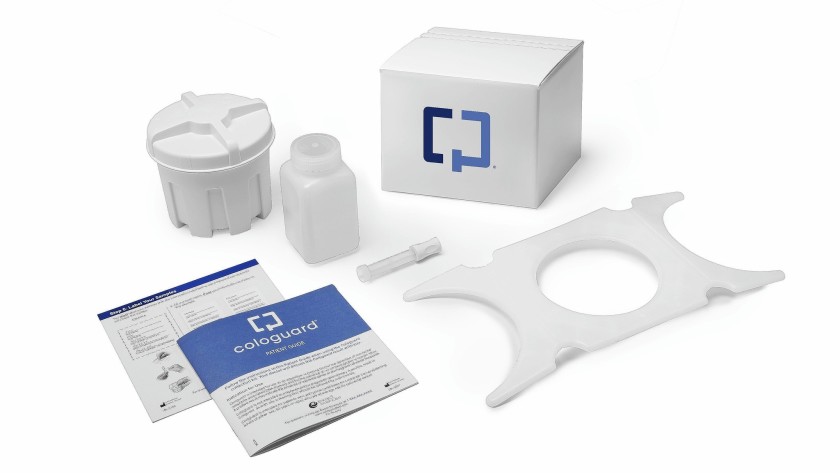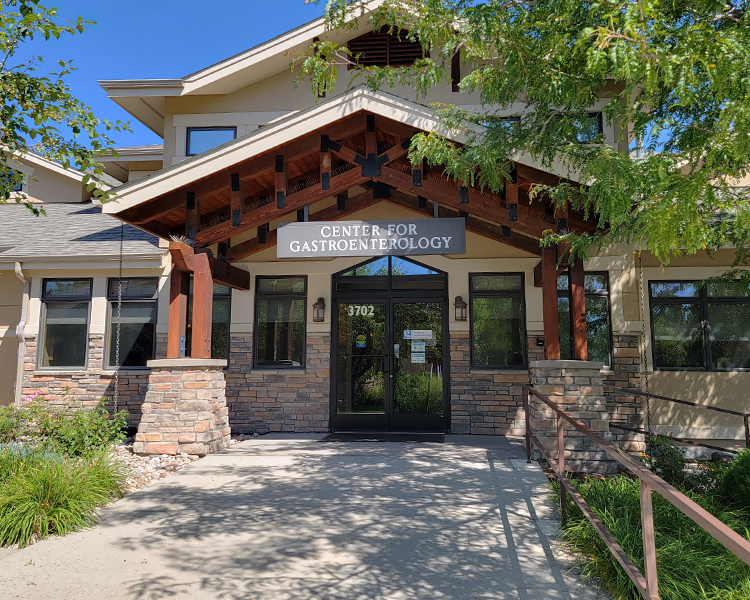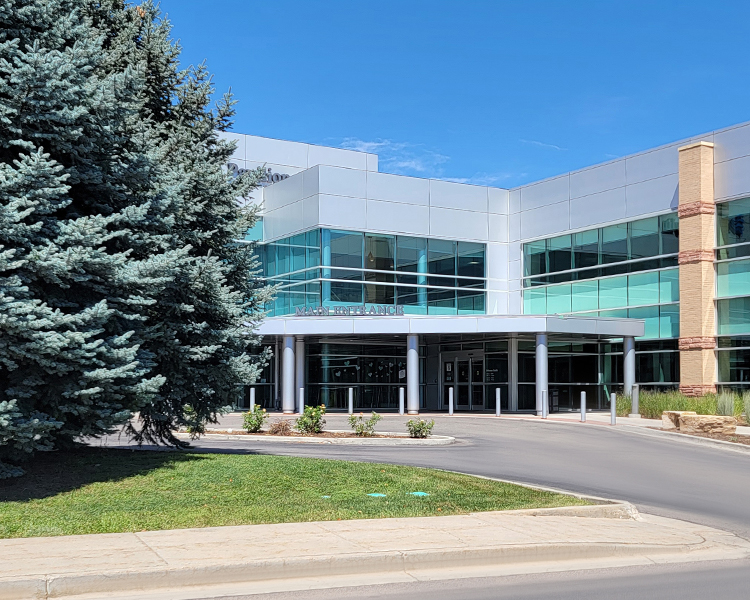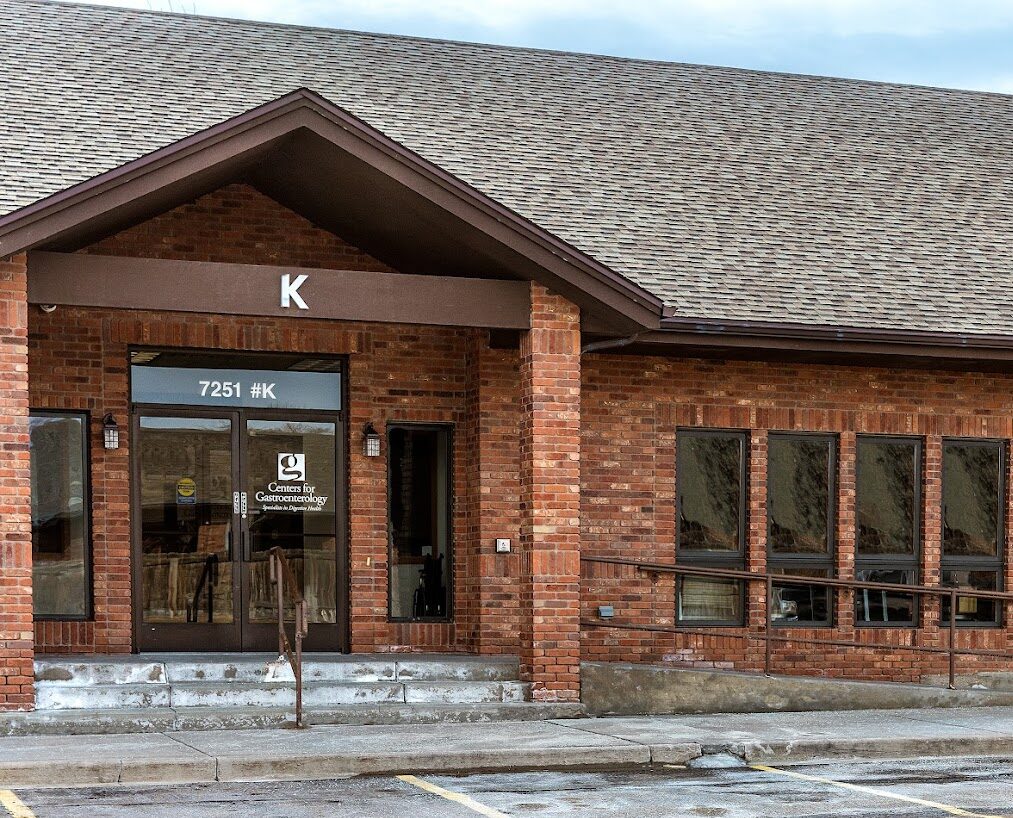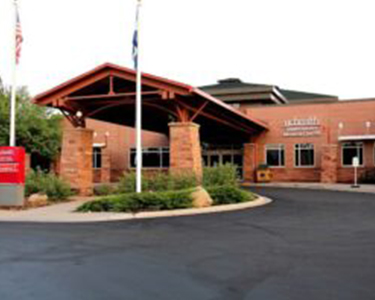Quick Links
- What is a Colonoscopy?
- Colonoscopy Procedure
- Colonoscopy Recovery and Aftercare
- What is the Difference Between Cologuard and Colonoscopy?
- Reviews
- Important Billing Information
- Cologuard and False Positives
- Cologuard and the Follow-Up Colonoscopy
- Recommended Screening Intervals of Cologuard vs. Colonoscopy
For many conditions, regular screening is an incredibly important step in prevention, as well as early diagnosis. Colonoscopy is a procedure that is frequently performed at our practice by members of our dedicated team. It is an incredibly important diagnostic tool to aid in the prevention and diagnosis of several conditions, ensuring that you can receive timely and effective treatment. Our team at Centers for Gastroenterology is here to address your concerns and ensure that you receive fast, effective, and optimal care. Contact us today to schedule a consultation.
This procedure allows one of our expert physicians to examine the inside of the large intestine or the colon. A long tube that is flexible in nature–a colonoscope–is used to guide a small camera into the body through the rectum. It provides clear images that can be analyzed by a member of our team to diagnose conditions or abnormalities. It is an important first step toward treatment, as well as a preventative tool for several serious conditions, such as cancer.
The colonoscope can also serve several other functions, including cleaning of the colon, removal of excess liquid, and small surgical procedures or biopsies.

Colonoscopy Procedure
Prior to the procedure, a member of our team will consult with you to address any questions or concerns. It should be stressed again that this is a very routine procedure for our staff, and that it’s a safe and effective diagnostic tool.
For several hours before the procedure begins, you will be advised to refrain from consuming food or liquids. You may also be given a laxative to ensure that the colon is clear. This is essential for producing clear results. If you take blood-thinning medications, you may need to stop using them for a short time before the procedure.
A sedative will be given before the procedure begins. Your vital signs will be monitored throughout the process. The colonoscope will be inserted and moved into the large intestine. Discomfort should be minimized with the sedative. In some cases, air may be injected to increase visibility. A water jet and/or suctioning device may also be used during the procedure. After the photos are taken, the colonoscope will be removed.
Colonoscopy vs. Cologuard
The third most common cancer in the United States is colorectal cancer. The American Cancer Society estimates 145,000 new cases this year. Along with…
Continue ReadingColonoscopy Recovery and Aftercare
Because patients will receive a sedative, they should make plans before the procedure for someone to drive them home. You will be monitored for a brief period of time after the procedure, allowing the sedative to wear off.
For a period of time after the procedure, it may be difficult to eat large meals, and increased flatulence is normal. Some patients may experience mild discomfort, which can typically be addressed with at-home remedies. Alcohol should not be consumed during the day following the procedure, and patients should try to drink plenty of water.
What is the Difference Between Cologuard and Colonoscopy?
Cologuard is an at-home screening kit that can be prescribed by a physician, and many patients are interested in this option. One of the first questions patients ask regarding Cologuard is whether it is as effective as a colonoscopy. Unfortunately, the answer is no. Colonoscopies are the gold standard in detecting colorectal cancer as well as precancerous lesions; this has been proven over decades of studies. This procedure allows a member of our team to clearly view the large bowel and distal part of the small bowel for signs of polyps or cancerous lesions. If any are seen, biopsies for further examination can be taken at the same time. In all, colonoscopies can detect about 95 percent of all colorectal cancers and advanced precancerous polyps.
Cologuard, on the other hand, has no visual component and instead tests DNA from stool samples for the presence of abnormal cancerous or precancerous cells. To date, studies have shown that Cologuard detects 92 percent of colorectal cancers and only 42 percent of precancerous polyps, making it a far less effective preventative tool.
Reviews
Important Billing Information
Cologuard and False Positives
Another concern regarding Cologuard is the number of false positives returned. In total, 13 percent of patients who use the test receive a positive result for colorectal cancer only to have the findings later determined to be false. Not only does this place a large, unnecessary emotional burden on the patient, it requires them to seek further testing for confirmation, which may not be financially covered by most insurance plans.
Cologuard and the Follow-Up Colonoscopy
This brings us to an important point regarding the differences between Cologuard and colonoscopies: Because of its high level of effectiveness in identifying both cancer and precancer, a colonoscopy is always part of reaching a definitive diagnosis. This means that should a patient receive a positive result from another screening tool such as Cologuard, a diagnostic colonoscopy will still be required to confirm the findings. Those who undergo a colonoscopy initially, on the other hand, will have definitive results right away without the need for further testing.
Recommended Screening Intervals of Cologuard vs. Colonoscopy
Undergoing a colonoscopy may not be the most pleasant experience one could have, but once it is complete, there is not only a lasting peace of mind: most will not need to have the test performed again for another 10 years. However, due to its inability to detect most high-risk precancers, patients who bypass a colonoscopy in favor of a Cologuard screening will need to repeat the test in just three years.
In short, there is no true replacement for a colonoscopy. Thanks to its overwhelming success rate at detecting colorectal cancer even before it develops, the disease has become one of the most preventable forms of cancer. While other tests such as Cologuard are available and may have some benefits such as requiring minimal preparation and invasiveness, the results provided are less reliable, and patients whose results do indicate a problem will still need to undergo a colonoscopy for confirmation.


